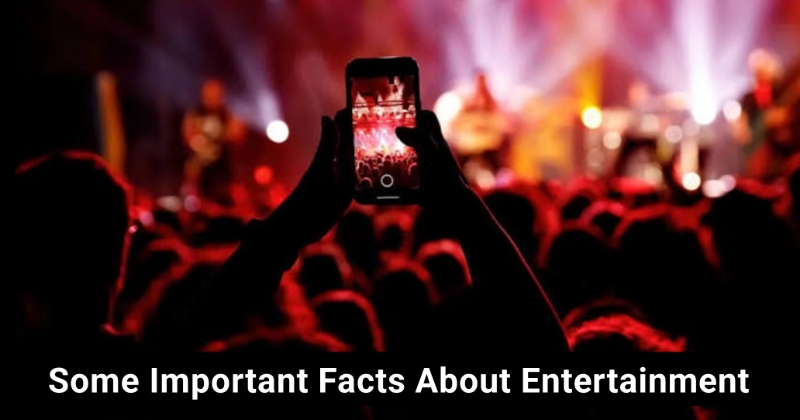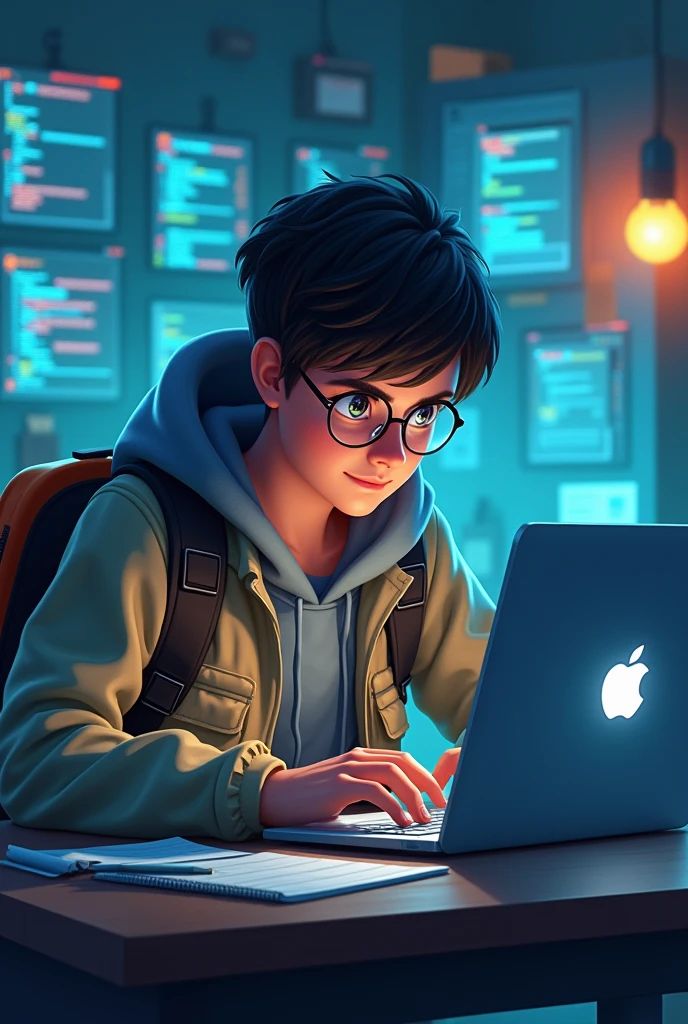
Here are Some Important Facts About Entertainment, Things to Understand about Entertainment
Entertainment is such a constant part of our lives that we often forget to step back and look at it carefully. Whether it’s movies, TV shows, music, gaming, sports, social media, or live performances, entertainment shapes our culture, affects our emotions, and even influences how we see the world. But what lies beneath the surface of this vast industry? Here are some important facts about entertainment that help us understand its reality better.
Some Important Facts About Entertainment
1. Entertainment is Big Business
One of the first things to know is just how massive the entertainment industry is. Globally, it’s worth trillions of dollars, with Hollywood films, streaming services, music tours, sports leagues, and gaming all contributing to its size. In 2024, the global entertainment and media market was valued at over $2.5 trillion and it’s growing every year.
This means that entertainment isn’t just about fun or art it’s also driven by profit. Studios, streaming platforms, and record labels invest huge amounts in research to understand what audiences want, and they shape their content accordingly. Marketing plays a huge role too, often accounting for a big chunk of production budgets.
2. The Power of Storytelling
Entertainment isn’t just mindless distraction. At its core is storytelling a fundamental human need. Stories teach us values, provide comfort, and help us process emotions. Movies and series can introduce us to other cultures. Music can give voice to social movements. Even video games create complex worlds with rich narratives.
Yet storytelling is also used to sell ideas, products, or lifestyles. Advertisers often embed their messages in entertainment. Product placement in films and shows is a multi-billion-dollar industry on its own.
3. Changing Technology, Changing Consumption
Another important fact is how technology has transformed entertainment. Streaming services like Netflix, Disney+, Spotify, and YouTube have changed the way we access content. We no longer need to wait for a TV schedule or buy physical albums. Everything is on demand, available on smartphones and tablets.
But this convenience also comes with trade-offs. Audiences are flooded with choices, making it harder for individual artists or shows to stand out. Attention spans may be shorter. Piracy remains an issue. And subscription costs can add up, creating what some call “subscription fatigue.”

4. Celebrity Culture and Influence
Entertainment is inseparable from celebrity culture. Actors, musicians, athletes, influencers they don’t just entertain; they shape trends, public opinions, even politics. Social media has given celebrities direct access to fans, turning them into powerful brands.
But celebrity culture can also be unhealthy. It promotes unattainable beauty standards and materialism. Tabloid scandals, paparazzi invasions, and social media trolling reveal the darker side of fame. Mental health issues among celebrities are a growing concern.
5. Diversity and Representation
For years, entertainment was criticized for a lack of diversity. Today, there’s greater awareness about the importance of representation of race, gender, sexuality, disability, and cultural backgrounds. Audiences are demanding stories that reflect their experiences.
While progress is being made, the industry still struggles with issues like typecasting, stereotyping, and tokenism. Behind the scenes, there’s also a push for more diverse directors, writers, and producers to ensure authentic storytelling.
6. Impact on Society and Culture
Entertainment doesn’t exist in a vacuum. It shapes and reflects society. Films, music, and TV shows can challenge social norms, raise awareness about issues like racism or climate change, and inspire collective action. Consider how documentaries spark debates or how protest songs become anthems for movements.
At the same time, entertainment can perpetuate harmful stereotypes or normalize violence and discrimination. Critics argue that some content desensitizes audiences or promotes negative behaviors.

7. The Economics of “Free” Content
Many people assume online entertainment is “free.” Social media, streaming platforms with ads, and even free-to-play games make money in other ways. They collect user data, target advertising, and sell in-game purchases.
This business model raises privacy concerns. Companies track our viewing habits, interests, and even emotions to serve tailored ads. As the saying goes: if you’re not paying for the product, you are the product.
8. The Human Cost of Production
Entertainment can seem glamorous, but making it often involves harsh realities. Film crews, animators, game developers, and musicians work long hours under tight deadlines. Reports of burnout, underpayment, and poor working conditions are common.
In some industries, such as fashion modeling or child acting, there are also concerns about exploitation and abuse. These issues are receiving more attention as workers demand better conditions.

Conclusion
Entertainment is far more than just a way to pass time. It’s an industry, an art.




